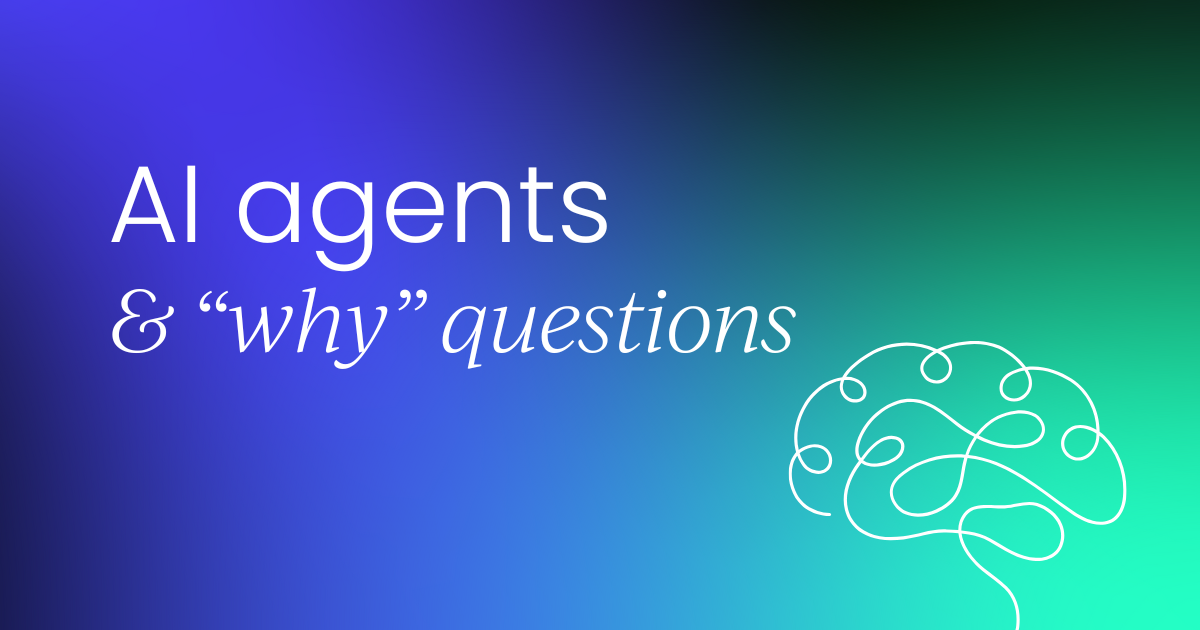Does Reinforcement Learning Really Incentivize Reasoning Capacity in LLMs Beyond the Base Model?
NeutralArtificial Intelligence
- Recent research has critically evaluated the effectiveness of Reinforcement Learning with Verifiable Rewards (RLVR) in enhancing the reasoning capabilities of large language models (LLMs). The study found that while RLVR-trained models perform better than their base counterparts on certain tasks, they do not exhibit fundamentally new reasoning patterns, particularly at larger evaluation metrics like pass@k.
- This development is significant as it challenges the assumption that RLVR can lead to substantial improvements in reasoning abilities of LLMs, prompting further investigation into the limitations of current training methodologies and the potential need for new approaches.
- The findings resonate with ongoing discussions in the AI community regarding the efficacy of various reinforcement learning strategies, including Self-Examining Reinforcement Learning (SERL) and the evaluation frameworks like DEVAL. These frameworks aim to address the challenges of subjective reward systems and enhance the overall reasoning capabilities of LLMs, indicating a critical need for innovation in training paradigms.
— via World Pulse Now AI Editorial System

